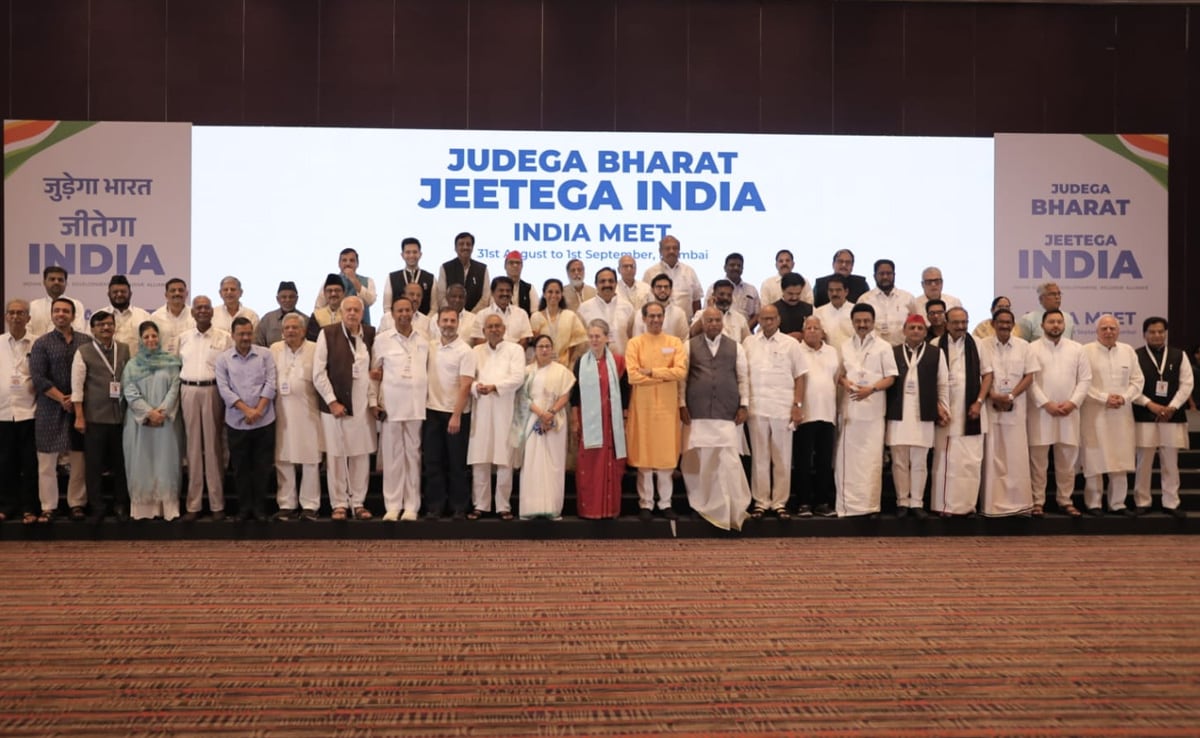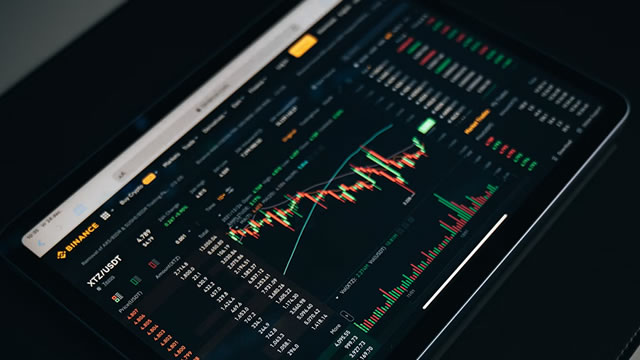Is a Party Realignment Possible After the Big Poll Verdict? Let’s Discuss!
Ahead of the fifth phase of polling in the ongoing Lok Sabha election, regional parties like the Trinamool Congress (TMC) in West Bengal and the Dravida Munnetra Kazhagam (DMK) in Tamil Nadu – both members of the INDIA bloc – seem to have initiated an assessment of their positioning vis-a-vis the political landscape that will take shape post-June 4, once election results are out.
Notably, it was TMC supremo and West Bengal Chief Minister Mamata Banerjee who initiated this discourse with her remarks at a public rally earlier this week in Hooghly, where she stated that the TMC would support the INDIA bloc from outside to form a government at the Centre. While she didn’t explicitly mention supporting or collaborating with Prime Minister Narendra Modi-led National Democratic Alliance (NDA), there’s a possibility she may extend an olive branch to the new regime in the “interest of the state”.
In her speech, Mamata clarified that the TMC would not support the Communist Party of India (Marxist) (CPI-M) or the Congress in West Bengal. Fallout Of Mamata’s Statements Mamata’s remarks sparked a political storm, with Bengal Congress chief Adhir Ranjan Choudhary alleging that the TMC could reverse course and support the Bharatiya Janata Party (BJP) if they secured higher numbers in the Lok Sabha election. Adhir expressed distrust in Mamata, citing her break from the alliance in the state. After Mamata withdrew from the INDIA alliance in Bengal and opted to contest alone, the Congress and the CPI (M) formed a seat-sharing agreement in the state, challenging both the TMC and the BJP. He attributed Mamata’s previous reluctance to join the INDIA alliance to PM Modi’s alleged intimidation, including threats against her nephew Abhishek Banerjee, akin to those allegedly made against Jharkhand Mukti Morcha (JMM) chief Hemant Soren and Aam Aadmi Party (AAP) convenor Arvind Kejriwal.
CPI(M) General Secretary Sitaram Yechury also expressed confusion over Mamata’s statements. However, Congress chief Mallikarjun Kharge believes the TMC remains integral to the INDIA bloc and downplayed her ‘outside support’ remark. Mamata, on the other hand, criticised the R.K. Mission monks and ISKCON for supporting the BJP. Contrasting her government with the Left, she highlighted her efforts in restoring Vivekananda’s ancestral home and the land provided to ISKCON. Disquiet In South For the Congress-led INDIA bloc, such concerns extend to the southern state of Tamil Nadu as well. The DMK leadership, led by Tamil Nadu Chief Minister M.K. Stalin, convened at the party headquarters last week to contemplate the party’s options after the Lok Sabha results.
Two main concerns trouble the DMK: firstly, indications that the Congress may not be in a position to form a government at the Centre following disappointing reports about its performance across India. This has prompted the DMK to consider a post-poll realignment. The party recognises the need for a strong working relationship with the NDA as well as with PM Modi. Although the party is wary of the BJP’s ascent in Tamil Nadu under K. Annamalai, it believes its sizable contingent of 40 MPs – 39 from Tamil Nadu and one from Puducherry – cannot remain idle in Parliament, as has been the case since 2019. DMK Misses Out On National Role Beyond the BJP’s ascent in the state, what has dismayed the DMK is its absence from any significant national role within the INDIA alliance in Northern India. The party discovered that Stalin was not even extended an invitation to any INDIA event due to his son and state minister Udhayanidhi Stalin’s remarks against Sanatana Dharma, often equated with Hinduism in the rest of India. Apparently, these comments became a contentious issue even for parties like the Rashtriya Janata Dal (RJD) and the Samajwadi Party (SP) in the Hindi belt.
How will this affect me?
As a citizen, the political realignment among regional parties can impact the stability of the government at the Centre and the policies that are implemented affecting your daily life.
How will this affect the world?
The realignment of political parties in India can have repercussions on the global stage, especially concerning trade agreements, international relations, and alliances.
Conclusion:
In conclusion, the ongoing discussions and potential realignments among political parties in India post the Lok Sabha elections could lead to significant changes in the country’s political landscape. It remains to be seen how these developments will shape the future governance of the nation and impact both the citizens and the world at large.





